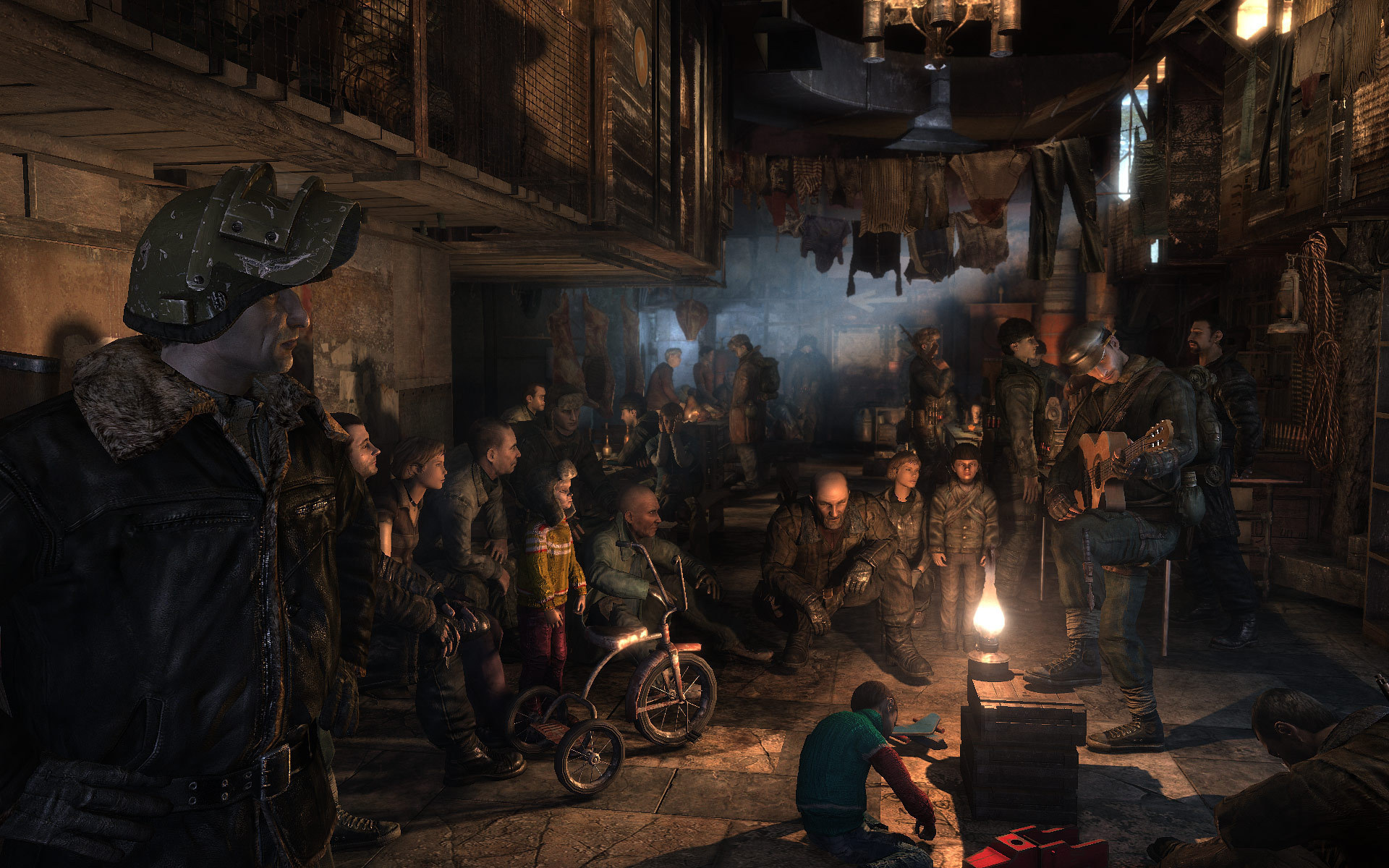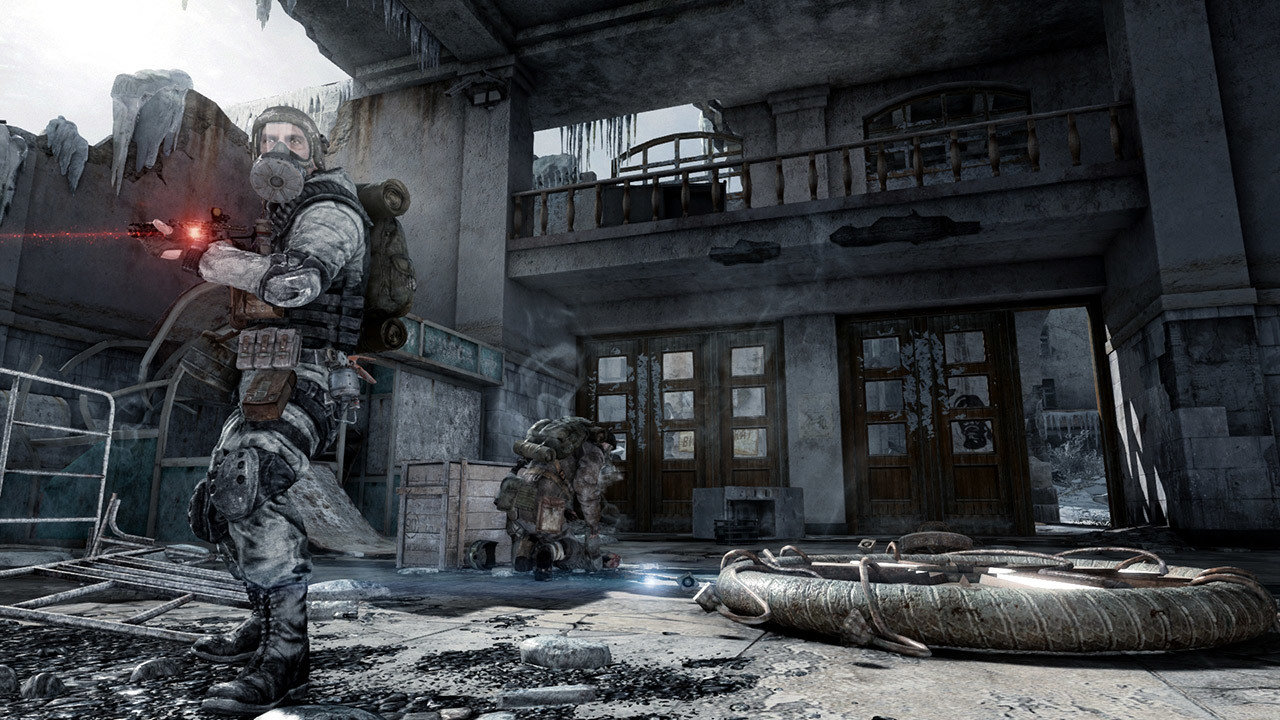That is a very large subject to cover. The immediate effects on my home country of the UK?
The destruction of every major city and town as well as Naval stations and probably all the RAF bases. Ports. Critical manufacturing installations. Power stations. My estimation would probably be around 200 megatons worth of ordnance would be used in the strike. Rumours are that Russian nuclear war plans call for the use of "double taps" on major cities where after the initial strike a second somewhat smaller strike would be delivered 24 hours later to disrupt any rescue attempts and kill those trying to flee after hunkering down for the initial strike. That being said i consider any rescue attempts very unlikely.
Given the urbanised nature of the UK. I imagine the 48 hours after would see firestorms which would consume a quarter of all houses in the UK and i imagine anywhere from half to three quarters of all houses and structures would be in zones at risk of fire. Similar to fire bombings of Dresden or Tokyo. People in central urban areas would suffocate either from the oxygen being sucked away or the enormous quantity of thick toxic smoke which is sure to follow. Those who escape the worst of the fires are in danger from fallout which will start falling probably an hour or two after the first bombs. Given all of the blast damage to roofs, doors, windows and the outside structures of buildings the fallout will be bad. Most houses do not have basements in the UK. The best place to shelter is probably under the ground floor stairs in most houses. Most people do not keep more than a week or two of food and water. You would have to shelter in there and keep as much of the dust out as possible for at least 2 weeks till the worst had passed.
The deaths would be catastrophic. The lowest toll would probably be those killed outright by blast an incineration. Probably 7-11 million dead outright. Deaths from injuries, debris, 3rd degree burns with no medical treatment would be astounding. Many people would die from radiation poisoning. Fallout over some rural areas not caught in the initial strike especially upwind of the highly urban areas - Greater London, South Wales, Birmingham/Black country, Greater Manchester and Glasgow/Edinburgh would be bad.
After a week or two the people will probably start emerging from whatever shelter they have been able to take to find food. A significant number of them will be walking dead. Having already received a fatal radiation dose. Nuclear war plans call for the authorities to horde what food and fuel they can to be released at the behest of the local war time controller - Normally the cheif executive of the local authority or a government minister or civil servant. The UK had a system where the country would be administered by a dozen or so regional headquaters manned by various civil servants, police, fire service, military and even people from the BBC to operate the emergency broadcast equipment.
My estimations judging by what I've read is that limited time outdoors for a few hours might be safe after 4 weeks. My guess is there would be significant numbers of people on the move at this point searching for whatever food could be found. Heading for the countryside where its less contaminated. Another 4 million deaths i would expect in the month or so after the attack.
This would be the point - 4-8 weeks where the effects of nuclear winter start to set in. The effect of untold millions of tonnes of dust and soot particles being thrown into the upper atmosphere from blast and fire. It would start to get cold and dark even in the middle of the day. I expect the effects would first be seen over the Eurasian and North American landmasses. Simulations i saw show that the dust will percolate into the atmosphere of the southern hemisphere within a few weeks.
Depending on when the attack came the most pressing concern for any country would be how much of a harvest can be made. Even with contaminated soil what grain and vegetables can be got out of the ground determines how many people survive. What fuel reserves a country has left will most likely be prioritised for what farm machinery can be made to work. Another grim reality is that for the survivors the deaths from starvation, cold, wounds and radiation mean that there is more food for those who are able bodied enough to work.
The deaths over the next 10 years would be catastrophic. Most countries are in no way prepared like they were decades ago with grain silos and few people hoard food. The lack of fuel, fertilisers and pesticides mean that as well as the nuclear winter crop yields will be poor. I would expect the UK's population to go from the current 65 million to between 6-10 million after it was over.
When the dust finally does clear from the upper atmosphere there will have been significant ozone damage and UV levels will be higher for generations. The next generation will probably have everything from learning difficulties to serious birth defects as a result of malnutrition and radiation effects. Cancers of all kinds will be extremely common. Most the urban areas will be impossible to reconstruct because of lack of available labour - most of which will be needed for agriculture or coal mining which becomes massively more labour intensive without oil powered machines to do it.
Where will still be reasonably habitable?
Cape Town or Durban in South Africa maybe. The climate is pretty warm there. Might be above freezing.
New Zealand. It would be mutton stew and jacket potato for Breakfast, Lunch and Dinner but they would survive.
Parts of Australia - Perth, the tropical northern territories might not get it to bad in terms of cold or fallout.
Chile might be ok too. Shouldn't get hit by fallout to bad. Same with Brazil and Argentina. Panama might be ok too.










